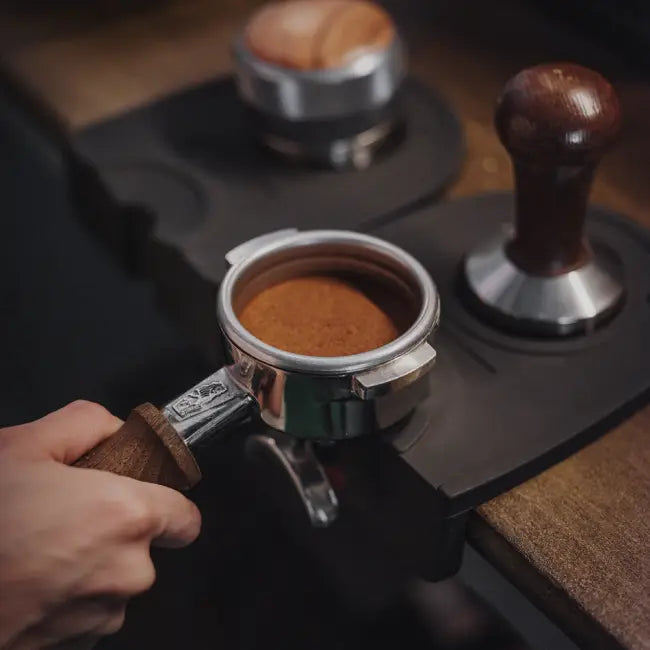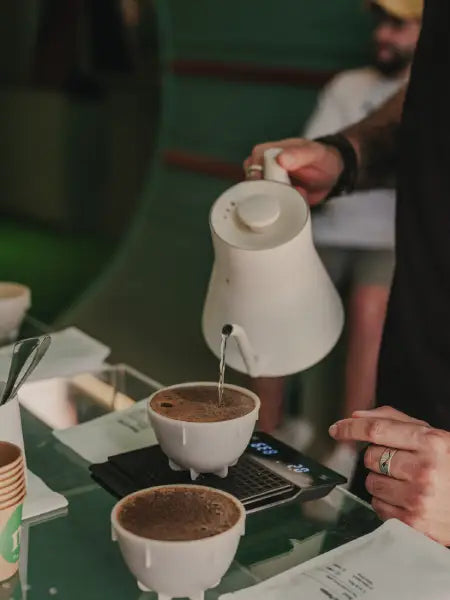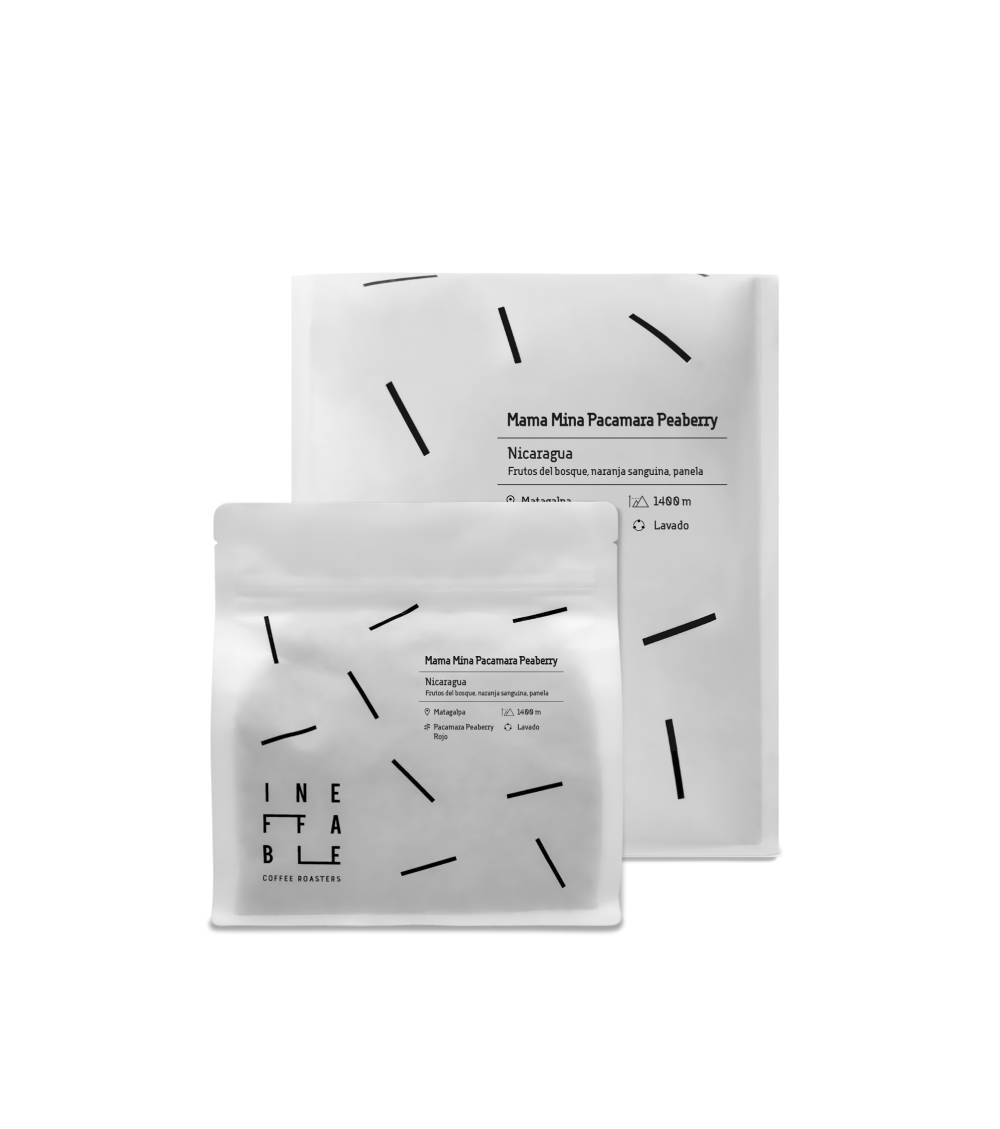
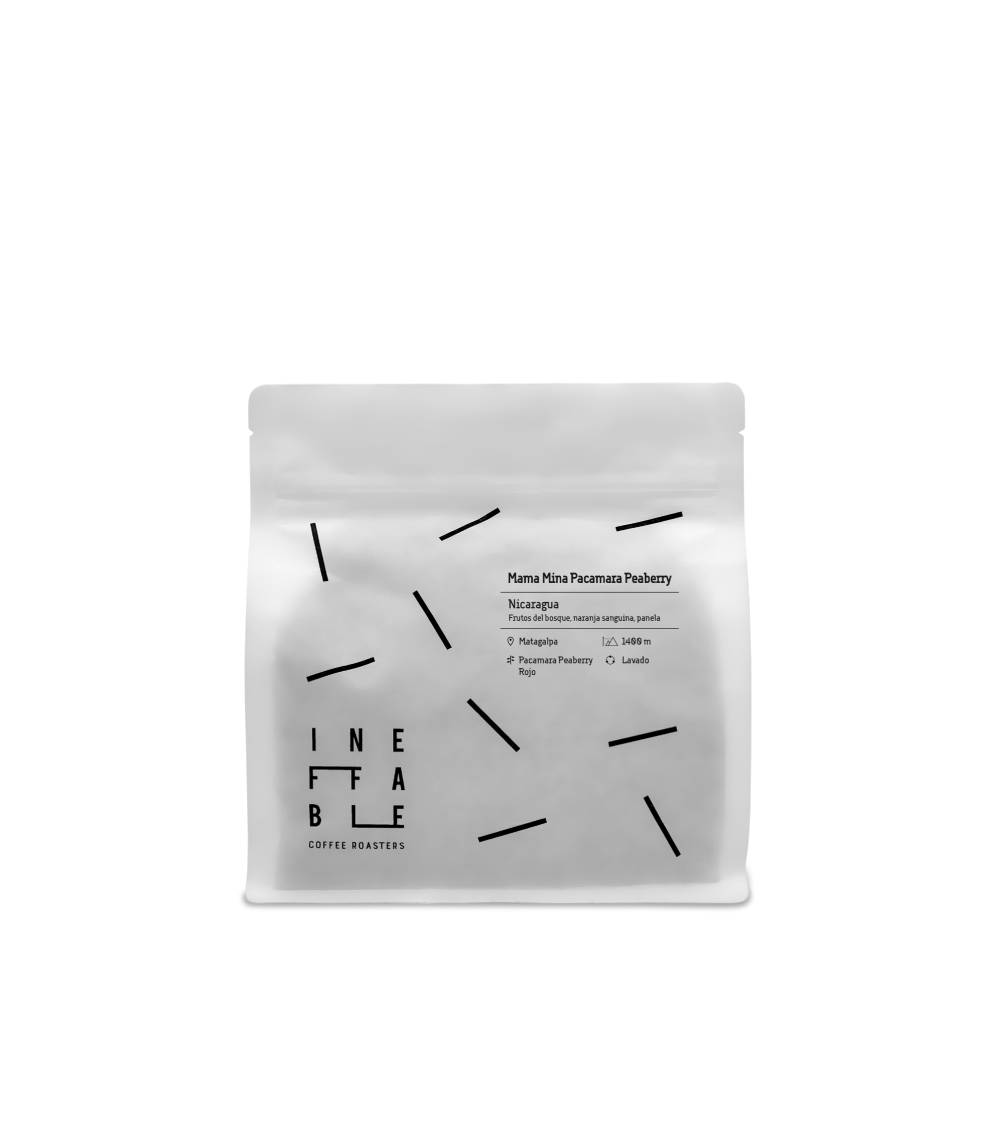
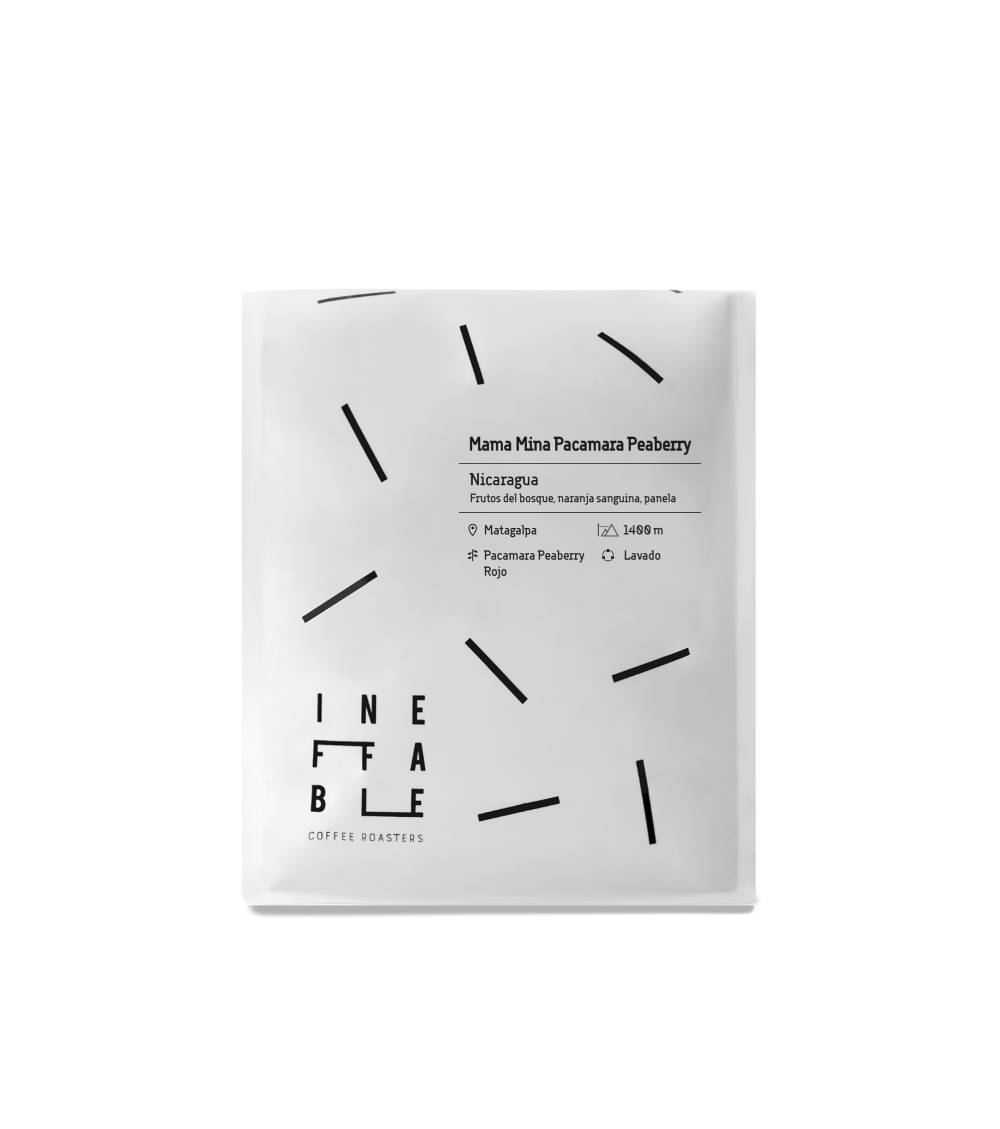
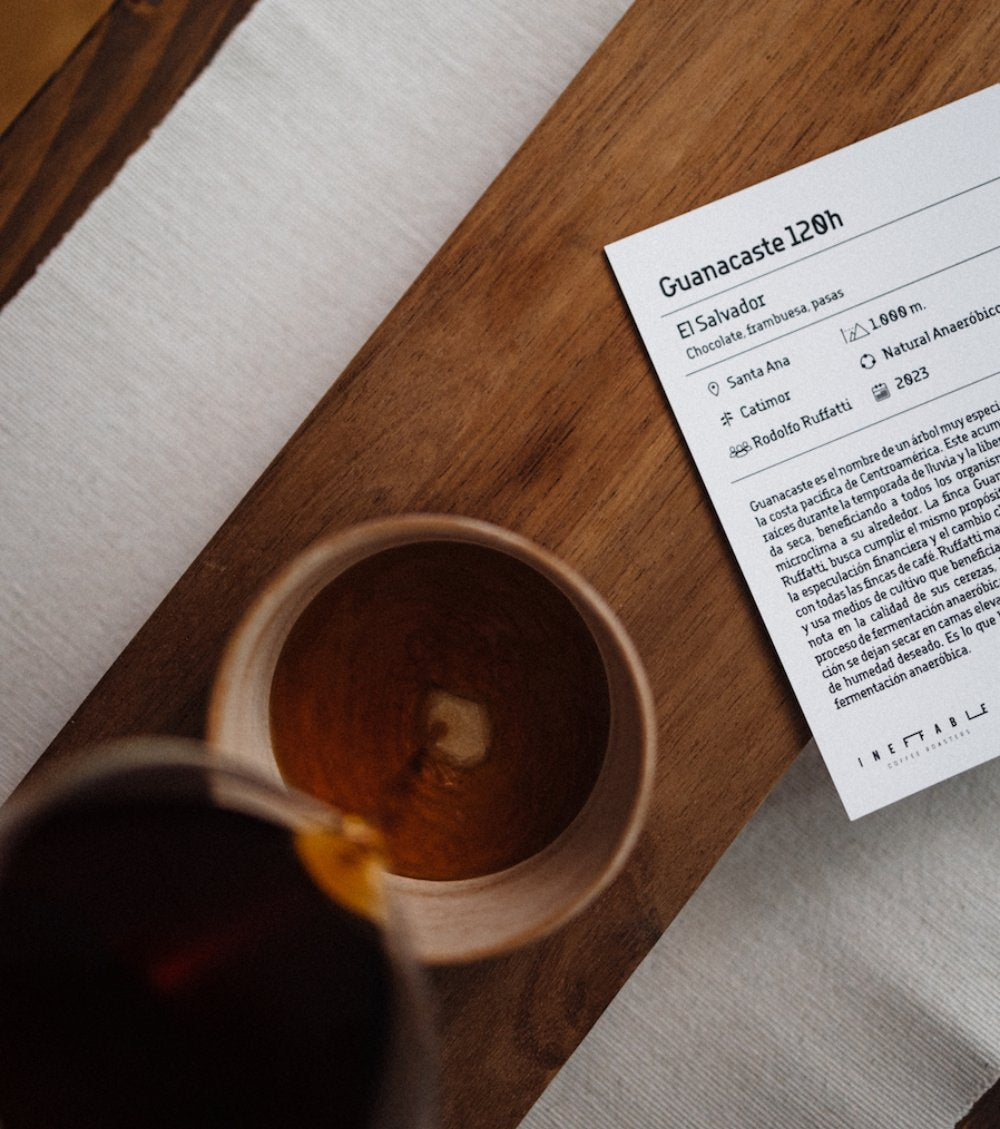
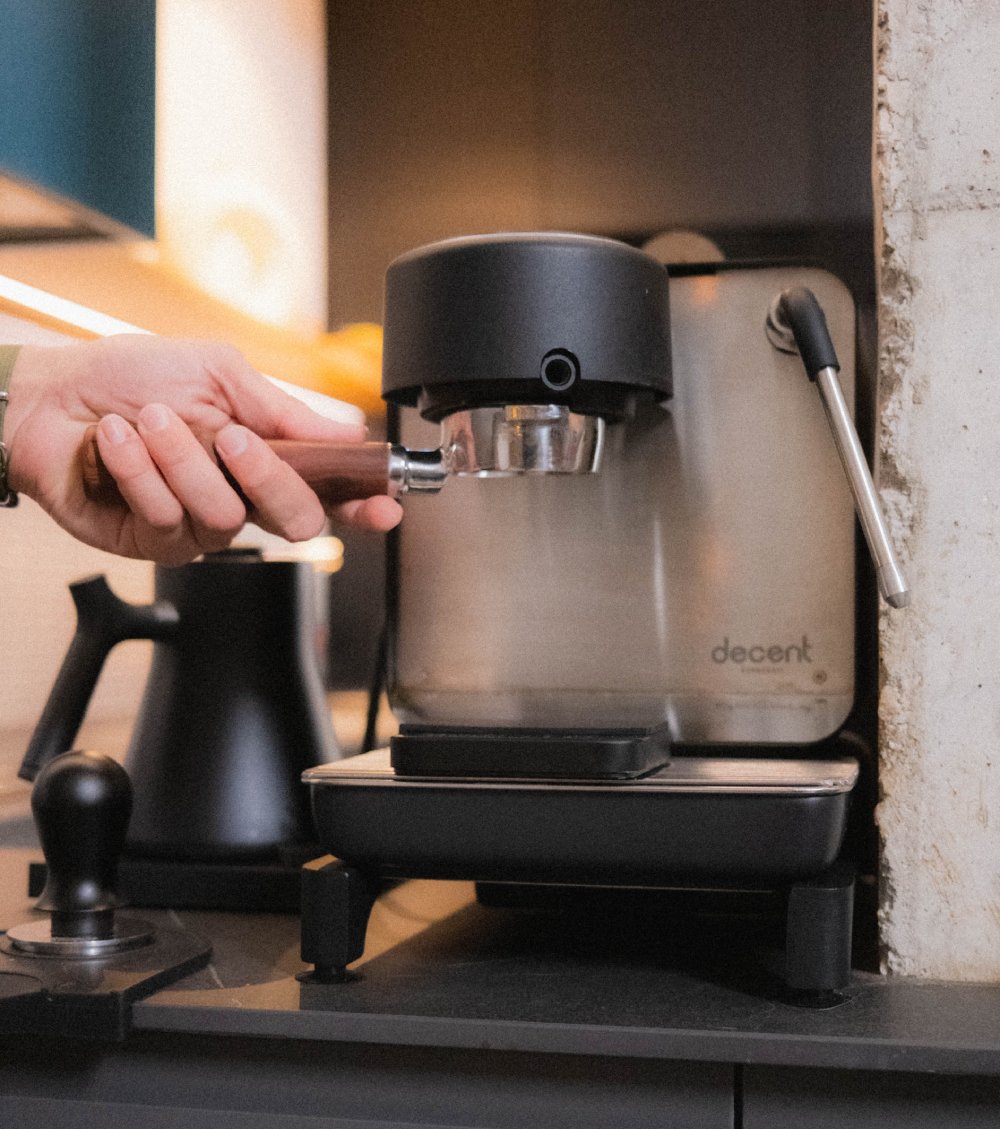
Mama Mina Pacamara Peaberry
The Mierisch family is a benchmark in the world of specialty coffee in Nicaragua.
Details of this coffee
Elaboracion recomendada:
Espresso • Super automatic • Italian Moka
Notas de cata:
Forest fruits, blood orange, panela
Tipo de proceso:
Washing
Variedad botánica 100% arábica:
Pacamara Peaberry Red
Puntuación SCA:
88
Productor:
Mierisch Estates
Región:
Matagalpa
Altura:
1400m.
Cosecha:
2024
Origen:
Nicaragua
Cantidad
Shipping information
FREE SHIPPING
Spain (Peninsula)
>40€ / Delivery 24/48h LV
Balearics
>40€ / Delivery 3/5 days, LV
Portugal
>40€ / Delivery 3/5 days, LV
Europe
>99€ / Delivery 4/7 days, LV
Shipping information
Spain (Peninsula), Balearic Islands and Portugal
- Free shipping on orders over €40 for the Peninsula, Balearic Islands, and Portugal
- For orders under €40, shipping costs are €4.
- We do not ship to the Canary Islands, Ceuta, Melilla, or Gibraltar.
- You will receive a tracking email for all shipments.
- Delivery times are met for 99% of shipments. Please note that we are subject to the proper functioning of our external logistics partners.
- National and/or regional holidays may affect estimated delivery times.
- Delivery to the Peninsula in 24/48 hours, LV.
- Delivery to the Balearic Islands in 3/5 days, LV.
- Delivery to Portugal in 3/5 days, LV.
Europe
- Free shipping on orders over €99 for all orders that include coffee.
- Countries included: Austria, Belgium, Bulgaria, Croatia, Czech Republic, Denmark, Estonia, France, Finland, Germany, Greece, Hungary, Ireland, Italy, Latvia, Lithuania, Luxembourg, Monaco, Netherlands, Poland, Romania, Slovakia, Slovenia, and Sweden.
- For orders under €99, shipping costs are automatically calculated when you enter your shipping address in the shopping cart.
- Delivery in 4/7 days, LV.
- You will receive a tracking email for all shipments.
- Delivery times are met for 99% of shipments. Please note that we are subject to the proper functioning of our external logistics partners.
- National and/or regional holidays may affect estimated delivery times.
- We do not ship to the United Kingdom, Switzerland, the United States, or the rest of the world.
Ineffable Points
Now, with the IneffablePoints points system, you can get the most out of your recurring coffee purchases.
How does it work?
Very simple, with each purchase you will automatically receive:
- 15 IneffablePoints for every €1 spent on Continuous Subscription orders.
- 10 IneffablePoints for every €1 spent on coffee orders.
- 1 IneffablePoints for every €1 spent on accessory orders.
How and when can I redeem points?
Once you have accumulated 2,000 IneffablePoints , you can redeem them on your next order through the payment gateway:
- 2,000 IneffablePoints = €10 discount on your order.
- Your IneffablePoints will automatically appear in the payment gateway every time you make a new purchase, and you'll have the option to redeem them.
- The IneffablePoints discount can be up to 50% of the total amount of your order.
- The minimum number of IneffablePoints to redeem is 2,000 IneffablePoints and there is no maximum number of IneffablePoints to redeem.
- IneffablePoints expire after one year.
IneffablePoints are automatically associated with your customer account.
You can check your IneffablePoints balance at any time by accessing your customer account here:
https://ineffablecoffee.com/my-cuenta/
Reviews of our product
Fresh seasonal coffee
Freshly roasted in Seville
Eco-Friendly Packaging
Fair price
Caution to producers
Traceability from farm to cup

